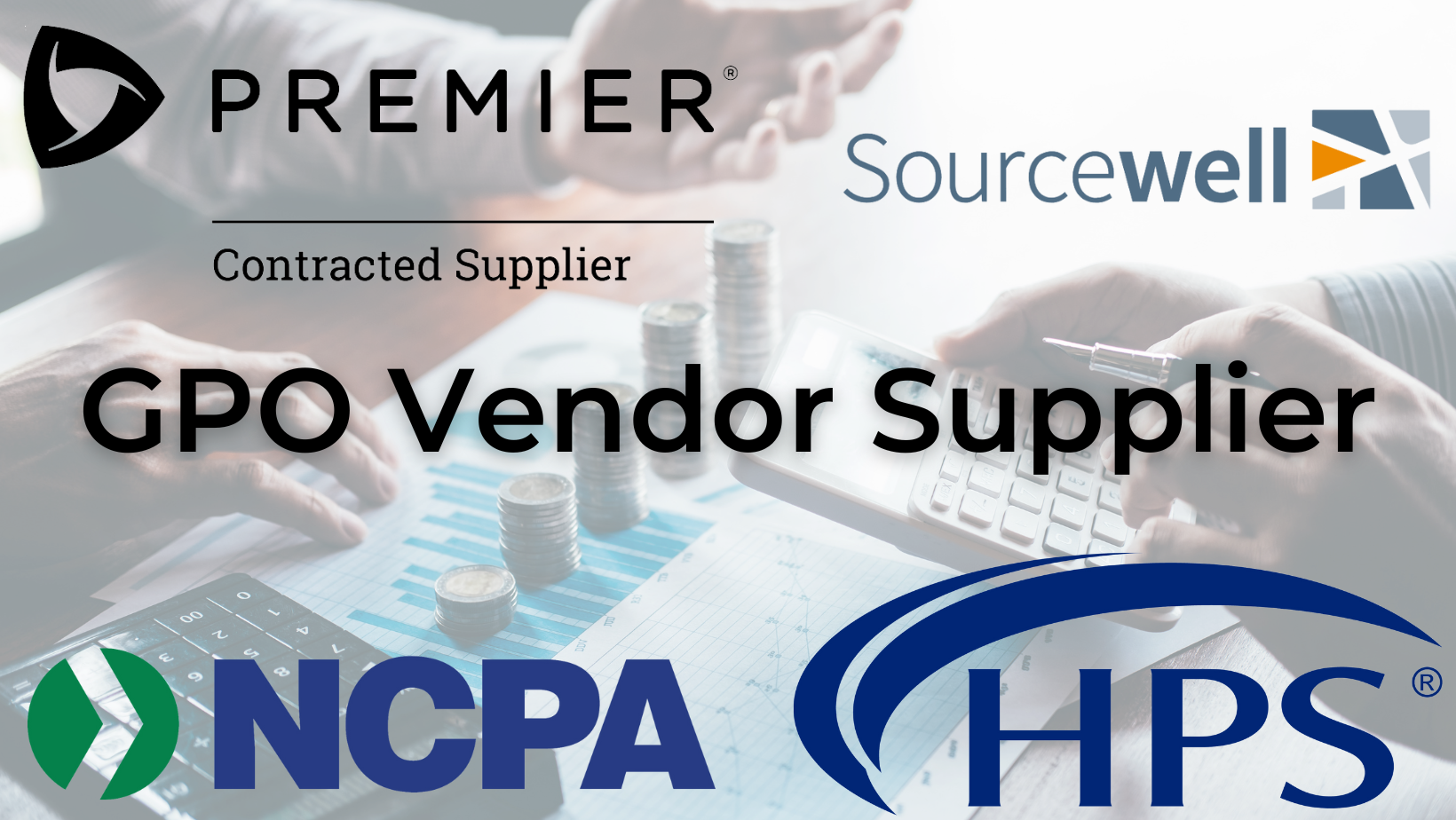
In today's business world, organizations are constantly seeking ways to reduce costs, improve efficiency, and increase profitability. One strategy that has gained significant popularity in recent years is utilizing a Group Purchasing Organization (GPO). A GPO is an entity that aggregates the purchasing power of multiple organizations to negotiate better prices and terms from suppliers. Here are some of the advantages of using a GPO and how it can benefit organizations of all sizes:
Cost Savings:
The primary benefit of using a GPO is the potential for significant cost savings. GPOs leverage the collective purchasing power of their members to negotiate better prices, terms, and discounts from suppliers. By purchasing goods and services in bulk, GPOs can offer their members prices that are often much lower than what individual organizations could negotiate on their own. This results in substantial cost savings across a range of categories, including medical supplies, office equipment, and construction materials.
Time Savings:
In addition to cost savings, GPOs can also save organizations time and effort. GPOs handle the negotiation, contracting, and management of supplier relationships, allowing members to focus on their core business activities. GPOs also provide access to a wide range of pre-vetted suppliers, reducing the time and resources required to identify and evaluate potential vendors. This streamlined approach can help organizations make faster purchasing decisions and reduce the administrative burden associated with procurement.
Access to Expertise:
GPOs often have a team of experts in various fields, such as healthcare, construction, or technology, who can provide advice and guidance on purchasing decisions. These experts have in-depth knowledge of industry trends, supplier performance, and best practices, and can help organizations make informed purchasing decisions that align with their strategic goals. This access to expertise can be particularly valuable for small or mid-sized organizations that may not have the resources or expertise to make complex purchasing decisions on their own.
Improved Supplier Relationships:
GPOs can also help organizations build stronger relationships with suppliers. GPOs typically have established relationships with a large number of suppliers, and can leverage their buying power to negotiate better pricing and terms. By participating in a GPO, organizations can gain access to a broader range of suppliers and products, which can lead to increased competition and better pricing. Additionally, GPOs can provide suppliers with a reliable source of business, which can help to strengthen the supplier's commitment to delivering high-quality products and services.
Increased Buying Power:
Lastly, GPOs can provide smaller organizations with increased buying power that they would not have on their own. By pooling their purchasing volumes with other members, organizations can achieve economies of scale and negotiate better pricing and terms. This increased buying power can help smaller organizations compete with larger ones on price, and can provide a level playing field for all members.
Group purchasing is used in many industries to purchase raw materials and supplies, but it is common practice in the grocery industry, health care, electronics, industrial manufacturing and agricultural industries. In the healthcare field, GPOs have most commonly been accessed by acute-care organizations, but non-profit Community Clinics and Health Centers throughout the U.S. have also been engaging in group purchasing.
At Hughes Environmental we believe in keeping you safe, compliant and helping our customers save time and money. We are proud to provide services through reputable Global Purchasing Organizations (GPOS) Hughes is a vendor supplier in some of the leading national GPOs. GPO’s serve as an entity that is created to leverage the purchasing power of a group of businesses to obtain discounts form vendors, like Hughes, based on collective buying power of the GPO members.


